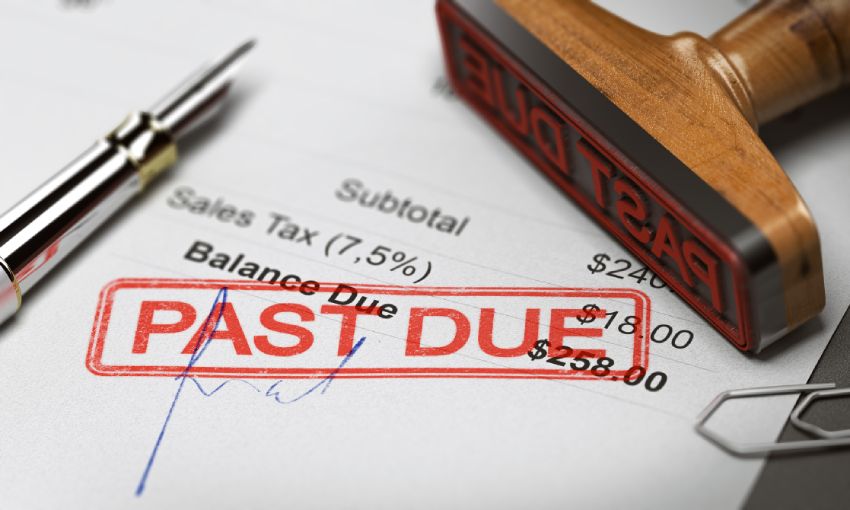3 things you need to know about late payment
The whole process appeared to be smooth sailing at first; your sales team secured a buyer from abroad and the sale went through, goods were shipped as requested, no complaints, no issues to report. Invoices were then issued and sent through. Everything your end went without a hitch. But after 60 days you were left with unpaid invoices and reminders were ignored.
This situation is certainly not uncommon, and you are not the only business experiencing the problem of late payment or unpaid invoices. Big businesses have these exact same issues, but as an SME business, the consequences are going to hit you a lot harder. That Is why a debt collection agency like Allianz Trade can help you. Our global reach means that there are no language barriers and no time zone issues. Having that global advantage means we can really put persistent pressure on the business that is ignoring your unpaid invoices, until they come through with payment.
Even when the money is in your pocket at last, the amount of hassle your buyer has put you through has drained your cash flow, taken up precious time and left your business at risk of credit loss. Instructing a collection agency would have cost you less.
What the late payment legislation says
For UK businesses, there is legal support from the Late Payment of Commercial Debts (Interest) Act 1998 and its 2013 amendment, section 5A. You are entitled to collection costs incurred, with interest at 8% above base rate of the Bank of England. This is invaluable for recovering domestic costs.
But getting hold of your collection fees or late payment interest is a significantly harder outside the UK, as the Late Payment Act is not a universally accepted law. In fact, many countries, even entire regions, have no legislation to support suppliers in this regard. The Netherlands and Scandinavia are exceptions to this - they have similar laws and customs that make collecting interest a lot easier. .
Documentation key to recovering late payment
At the very heart of recovering late payment charges and vital to the survival of your business is documentation.
In our post-COVID world business is now handled digitally and documentation has become more crucial than ever. Meeting in person and exchanging handshakes is no longer a viable way to confirm a successful deal.
The contract between supplier and buyer is crucial. Terms and conditions (T&Cs), sales agreements, contract of sale, all need to be processed and presented correctly. Invoices are a post-contractual document, issued after the offer and acceptance part of a contract coming together, and can’t just be scrawled on the back of an envelope
T&Cs for example should include links to a PDF or other digital copy via the supplier’s website. It is harder to fain ignorance of information if you have made it clear and easy to access.
But you can’t just rely on a PDF (which could have been altered or printed the night before) to substantiate a non-payment case in court. You need to ensure you have strong evidence of successful business risk management plans against the risk of unpaid invoices.
How can I protect myself against late payment headaches?
- Your T&Cs should be reviewed by a qualified solicitor who has experience with export and import issues. Make sure that a clause is included so that if payment is delayed past due date, the buyer will be liable for third party collection costs incurred, late payment interest and legal charges where necessary
- Make sure that your terms are in hard copy form as well as any digital formats, perhaps printed off by the buyer, so they can be signed and dated. It is best if terms are signed before any orders are placed.
- Learn more about the specific guidelines in your country. A valuable asset is the Croner’s A-Z guide to Export. Many countries have very different requirements, and a suitable business risk management plan that includes businesses on a global scale, will help enormously when trying recover payment. You can additionally refer to country reports and collection profiles created by Allianz Trade. If you are unsure about the conditions in the countries that you trade in, consult your Croner’s guide about more information relevant to that area, or speak to your trusted export collector.
Find out more about other measures to help with risk management, including excess of loss (XoL) and trade credit insurance.


